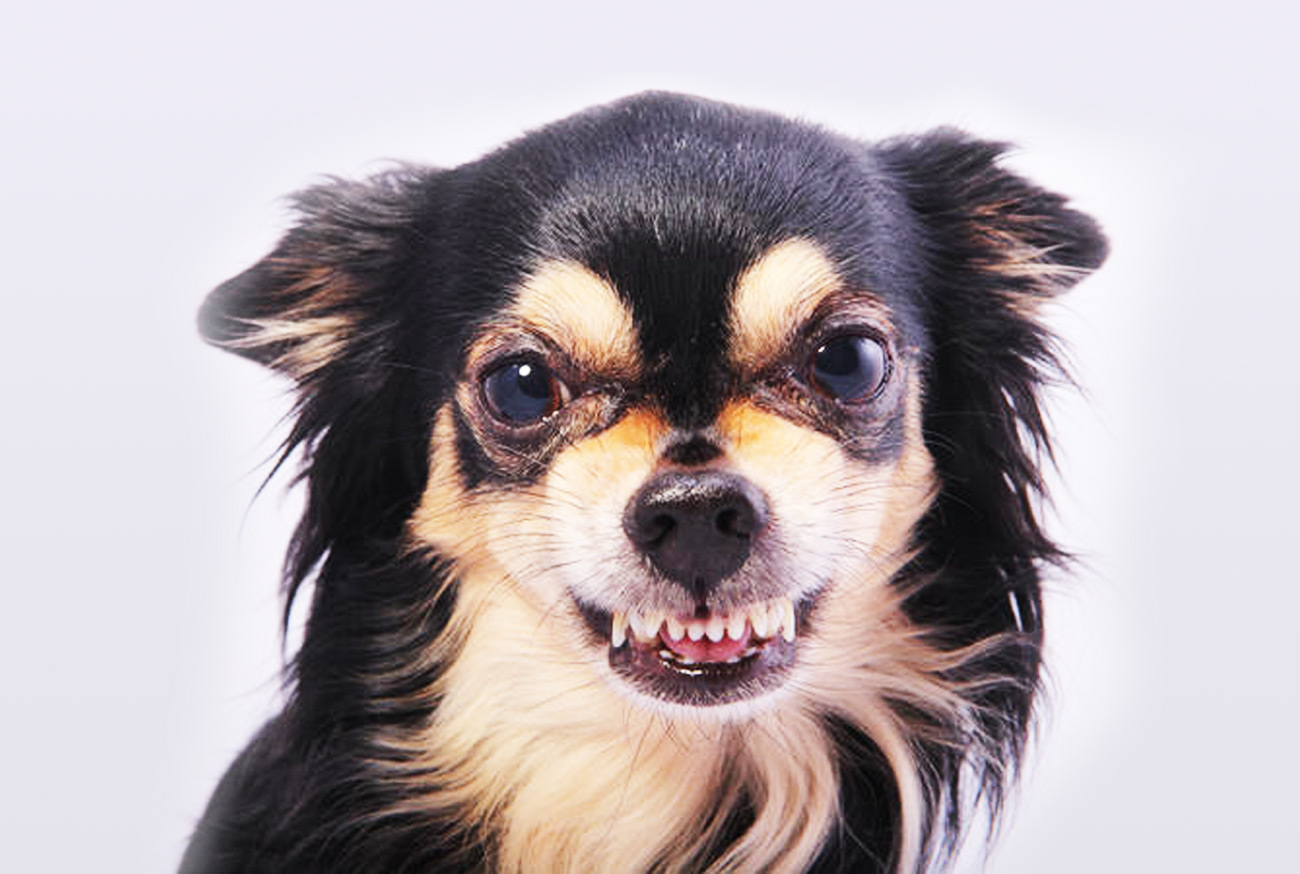
If you own an aggressive dog, you know how challenging it can be to deal with this behavior. Canine aggression is a complex and multifaceted issue that can arise for various reasons.
It’s important to understand that aggression is not an innate characteristic of all dogs, but rather a behavior that can be triggered by a variety of factors, both internal and external.
Aggressive Dog
The causes of aggression in dogs can range from genetic factors to past traumatic experiences. Family environment, lack of proper socialization, physical pain, or discomfort can also contribute to the emergence of this behavior. Additionally, fear, anxiety, and a lack of mental stimulation can lead a dog to express aggressive behavior as a form of defense or self-preservation.
Types of aggression in dogs
There are various types of aggressive dogs, each with its own characteristics and triggers. From territorial aggression, where the dog defends its space, to dominance aggression, where the animal seeks to establish its position in the pack hierarchy. Identifying the specific type of aggression your dog is manifesting is crucial for developing an effective treatment plan.
Management and training strategies
Fortunately, there are several strategies that can help deal with your dog’s aggressive behavior. Positive reinforcement-based training is an effective approach, encouraging good behaviors and rewarding them, while unwanted behaviors are ignored or redirected. Additionally, proper socialization from an early age and the establishment of clear boundaries can help reduce aggression and promote calmer, more controlled behavior.
Understand that…
While dealing with an aggressive dog can be challenging, it’s important to remember that many cases of aggression can be managed and even reversed with proper care and training. By understanding the underlying causes and adopting effective training and management strategies, it’s possible to provide a happy and safe life for you and your pet. If you’re facing difficulties with an aggressive dog, don’t hesitate to seek professional help. With patience and dedication, it’s possible to overcome this challenge and strengthen the bond between you and your canine companion.
Read the top questions about aggressive dogs
What is good to calm the dog?
There are several techniques that can help calm an aggressive dog. One of them is to provide a calm and safe environment for the animal, avoiding stimuli that may trigger aggressive behaviors. Additionally, regular physical exercise and mental enrichment activities can help release accumulated energy and reduce the dog’s anxiety. The use of relaxation techniques, such as gentle massage and soothing music, can also be effective in calming the animal in stressful situations.
What to do when the dog growls at the owner?
When an aggressive dog growls at the owner, it’s important to avoid reacting with anger or aggression, as this can worsen the situation. Instead, it’s crucial to stay calm and take a step back to reduce tension. Try to identify the reason why the dog is growling, such as fear, pain, or discomfort, and address the situation calmly and assertively. Avoid severe punishments, as this can increase the animal’s aggression. Instead, reinforce desired behaviors with rewards and seek professional guidance if the behavior persists.
What to do if a dog bites a person?
If a dog bites a person, it’s important to act quickly to ensure the safety of the victim and the animal itself. First, it’s crucial to assess the severity of the bite and seek medical assistance for the victim if necessary. Then, isolate the dog in a safe place to prevent further incidents and seek professional help immediately. A behavioral veterinarian or dog trainer can help identify the causes of aggressive behavior and develop an appropriate treatment plan to prevent future occurrences.
What to do if attacked by a dog?
If you’re attacked by a dog, it’s important to stay calm and try to protect yourself as best as possible. Avoid making sudden movements or running, as this can trigger the animal’s predatory instinct. Instead, try to back away slowly and protect vulnerable parts of the body, such as the face and neck, using your hands or objects within reach as shields. If possible, try to position yourself defensively and avoid direct eye contact with the dog, as this can be interpreted as a challenge. If there are people nearby, ask for help immediately and call local authorities, such as the police or animal control. After the attack, seek medical assistance to treat any injuries and report the incident to the relevant authorities so that appropriate measures can be taken regarding the animal.
Share our content on aggressive dogs with your friends and follow our social networks.



